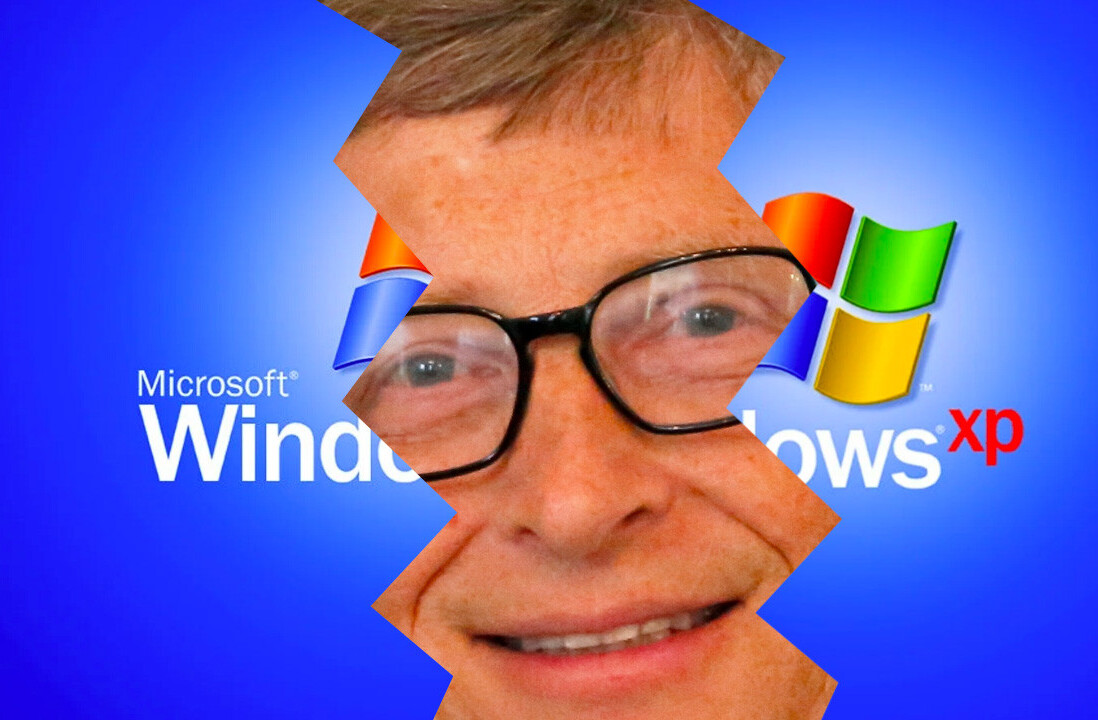
This weekend, an interview published between Microsoft’s CEO Steve Ballmer and the Seattle Times led to a strong media cycle concerning a suggested price range for the Surface tablet line. However, tucked into the end of the Ballmer’s remarks were a few short sentences that outline how Microsoft is remaking its core business proposition.
Microsoft, a company worth hundreds of billions of dollars, is in the process of metamorphosis. It’s important to know what that means in a practical sense.
I quote the interview segment, completely, to avoid the removal of context. I fully and heartily recommend that you read the Seattle Times piece, if you haven’t yet.
Seattle Times: Where do you see Microsoft’s position in five years, 10 years?
Steve Ballmer: First of all, I’d say: pre-eminent technology company. I think that in a back-looking view, people would say we were a software company. That’s kind of how we were born.
I think when you look forward, our core capability will be software, (but) you’ll probably think of us more as a devices-and-services company. Which is a little different. Software powers devices and software powers these cloud services, but it’s a different form of delivery….
Doesn’t mean we have to make every device. I don’t want you to leap to that conclusion. We’ll have partners who make devices with our software in it and our services built in. … We’re going to be a leader at that.
Where To
It’s important to understand that Ballmer’s comments are in the context of progression – where the company is headed, and what it will look like.
First up, Ballmer places the company in a period of transition. In five to ten years, it will be a “pre-eminent technology company.” Looking backwards, “people would say we were a software company.” Thus, much like the not-child-not-yet-a-woman, Microsoft is neither pure software company, nor pure technology company.
What does Ballmer mean by a ‘technology company?’ He explains: “our core capability will be software [but] you’ll probably think of us more as a devices-and-services company.” In short, in Ballmer’s eyes a technology company is one that has its hands in more buckets.
Yes, all technology is powered by software, but Microsoft wants to be in the business of delivering that software through services and devices. This extends its value proposition. Ballmer phrases that point simply: “Software powers devices and software powers these cloud services.”
This helps frame the growth of Azure, and Surface, let alone Xbox and Windows Phone, naturally.
However, Ballmer took the time to conscribe his remarks, stating that the company does not intend to go full-Apple, and make all its own hardware: “[This d]oesn’t mean we have to make every device [… w]e’ll have partners who make devices with our software in it and our services built in.”
Practical Implications
The easy headline to rip off of this riff would be ‘Microsoft declares long and enduring war with its hardware partners.’ Note that this move by the company can also be read as a stunning vote of no-confidence in its OEM friends; if they were tearing it up, why would Microsoft enter into their domain?
That’s only one way to look at it. Profits are massive in certain sectors of the hardware business (see: Apple’s quarterly statements). And, given the success of Kinect and Xbox in the market, it’s simple to see why Microsoft would want to do more of the same.
As a result, we can expect Microsoft to deliver Internet-powered devices that strongly sync up with the Windows stack. If that sounds broad and general, that’s because it is. This is no small change that we are outlining.
Recall that Microsoft has moved Windows Phone to a shard core with Windows, and that it is possible the next Xbox might enjoy the same rebuild. Ballmer’s ‘devices-and-services’ comment here has another implication: thinking of software as a service – heyo! – means that services themselves could supplant the idea of pure software, turning those devices into units of recurring revenue.
The bottom line is that if you thought that Microsoft’s hilarious line about only wanting to sell a few million Surface units was serious, and that its expansionary hardware moves were over, welcome to the new reality.
It’s going to be a fun decade.
Top Image Credit: Kiwi Flickr
Get the TNW newsletter
Get the most important tech news in your inbox each week.




